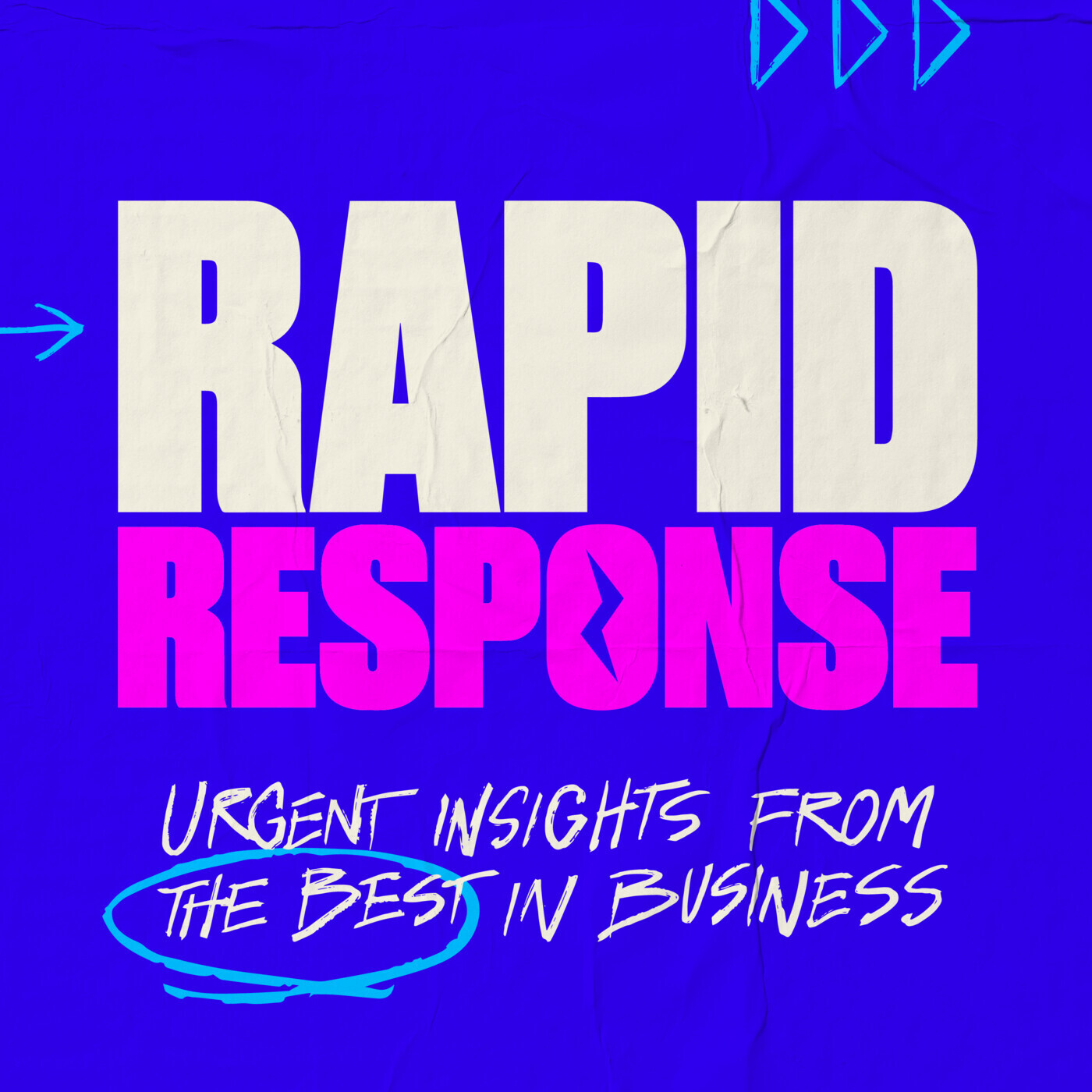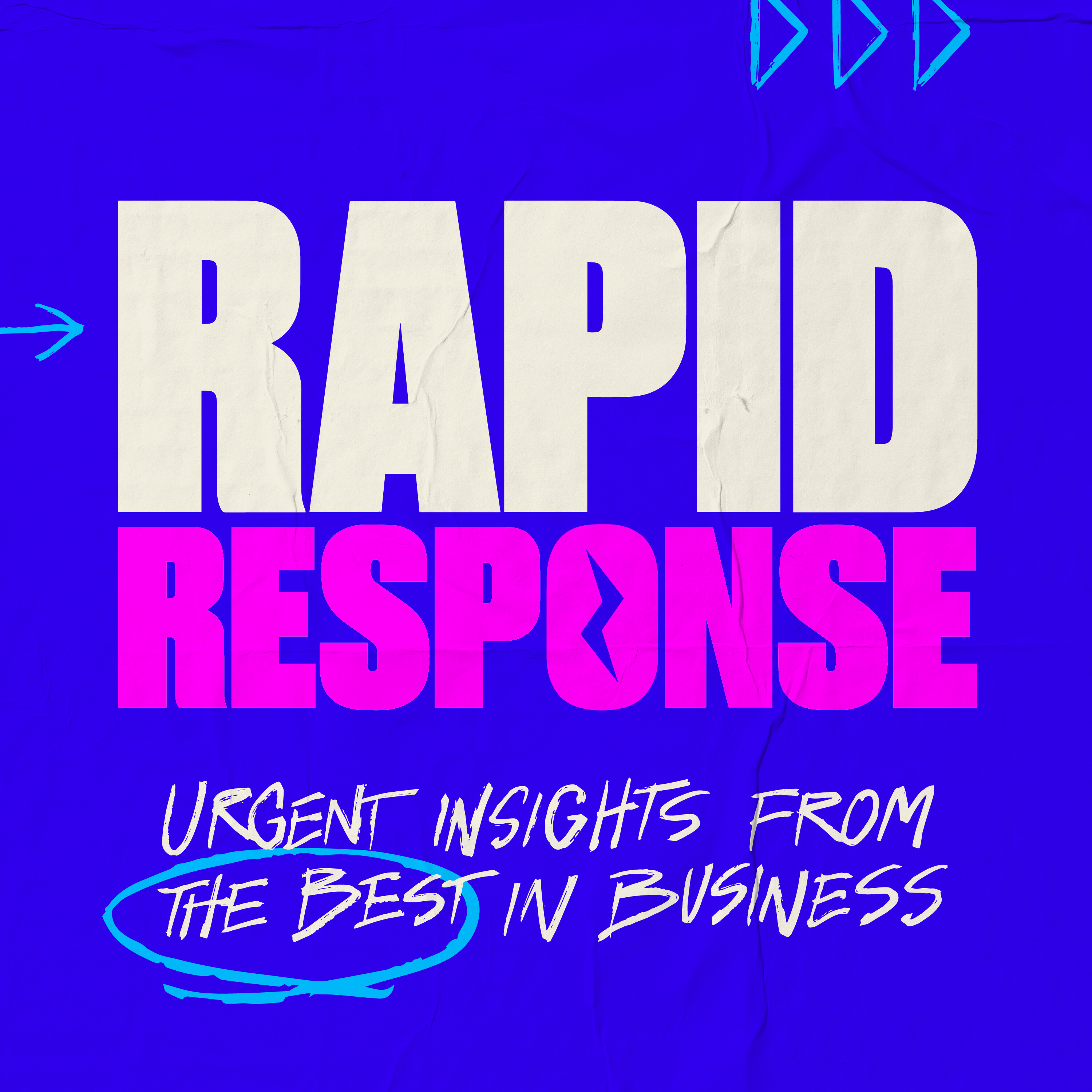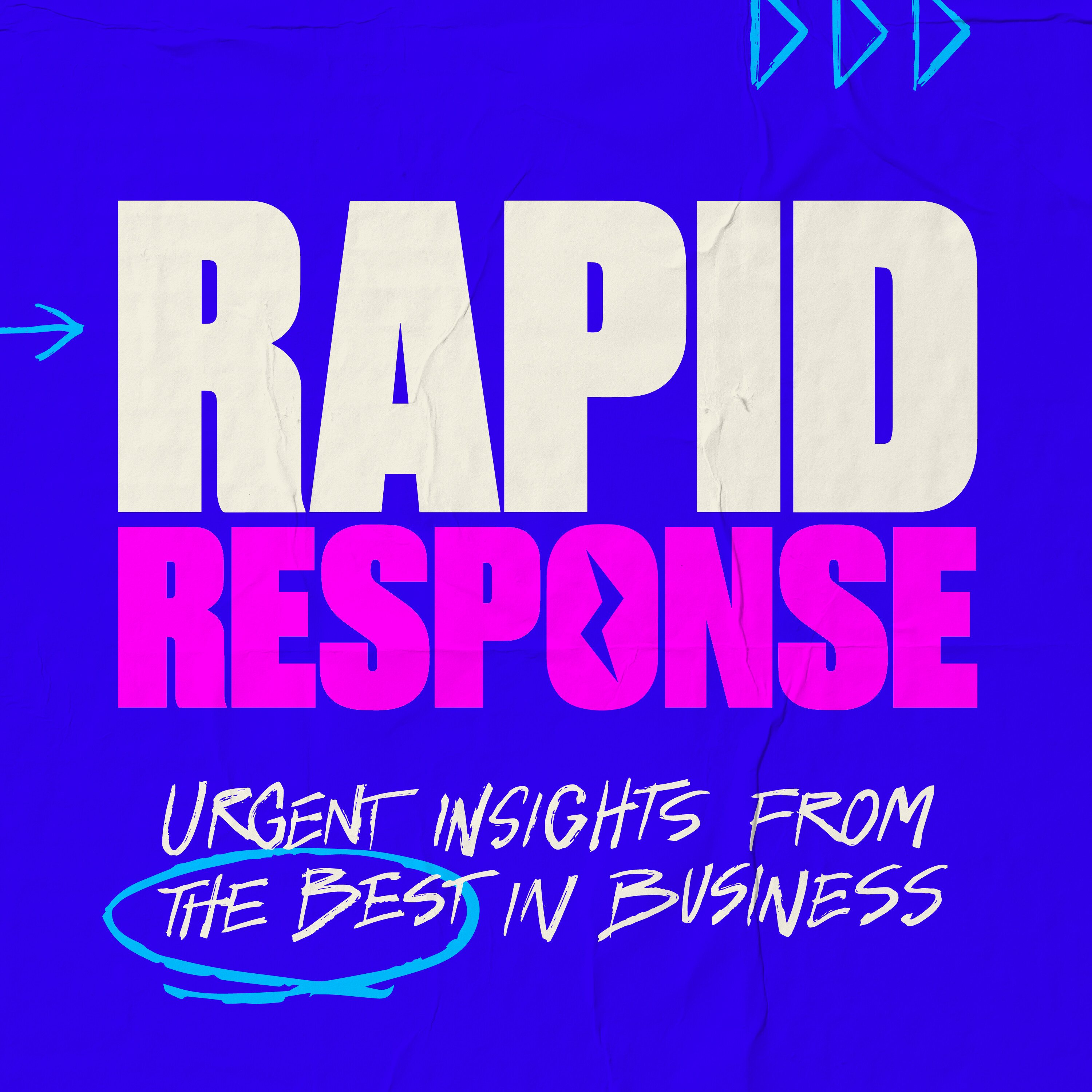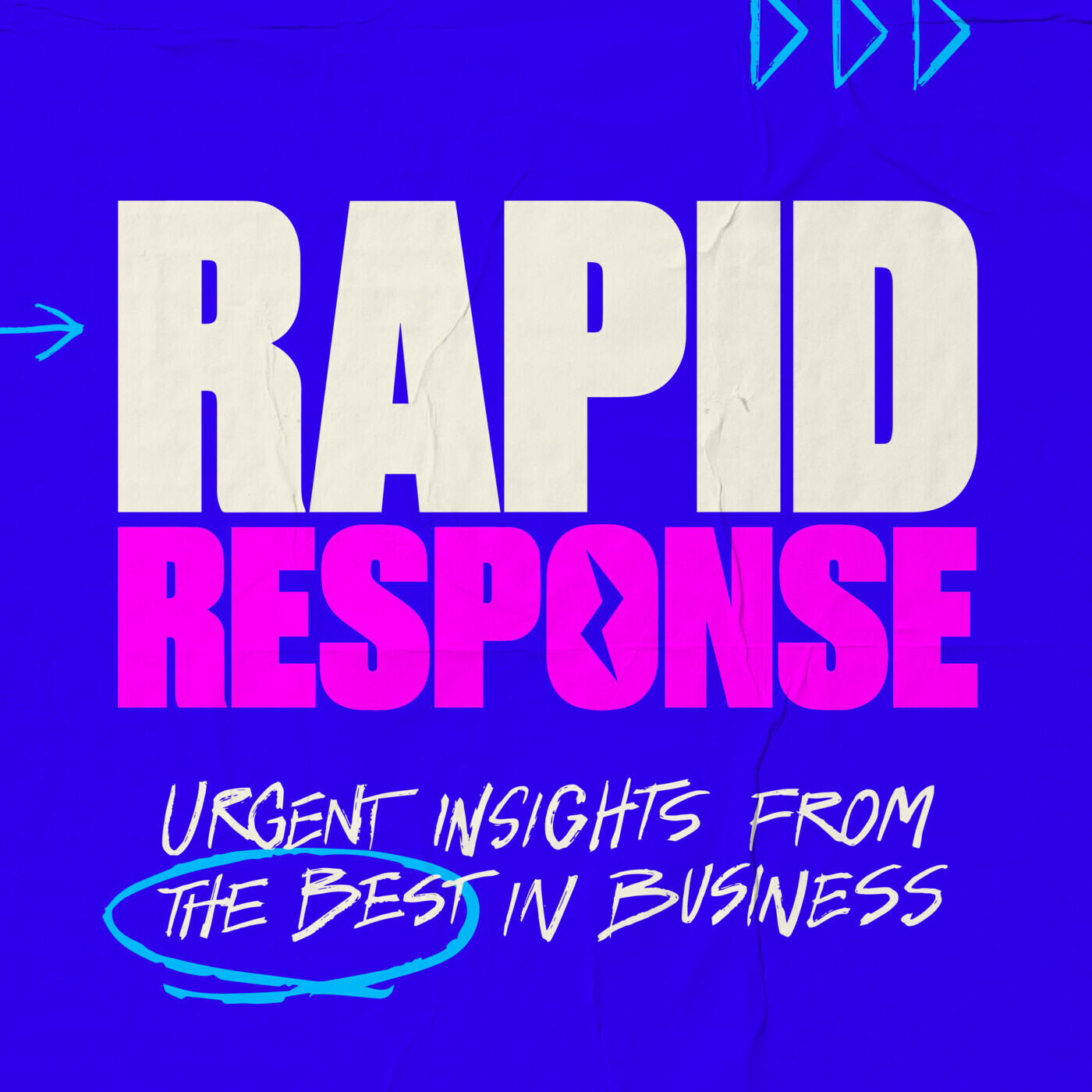
October 15, 2024 • 27min
Rapid Response: How Wikipedia will survive AI, with CEO Maryana Iskander
Masters of Scale
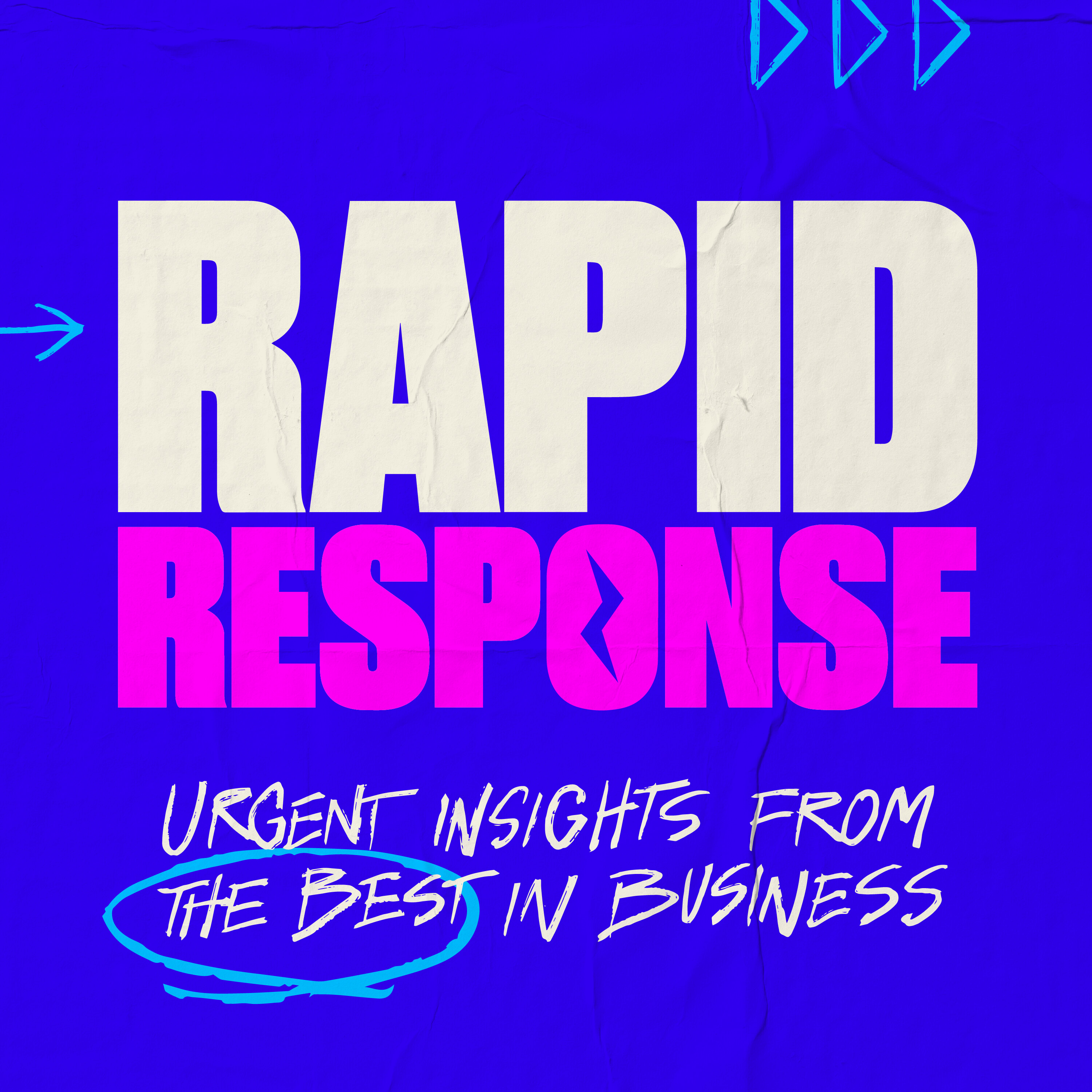
Key Takeaways
- Wikipedia remains highly trusted and relevant despite the rise of AI and misinformation, with traffic increasing even after ChatGPT's launch
- The open, transparent model of Wikipedia with volunteer editors following clear policies helps maintain trust and accuracy
- Wikipedia faces challenges from government censorship, AI competition, and potential infiltration by bad actors
- Attribution and visibility are key concerns as AI chatbots increasingly use Wikipedia data without clear sourcing
- Wikipedia's nonprofit, volunteer-driven model provides a unique alternative to for-profit tech giants
- Leadership of Wikipedia requires a collaborative, catalyst-style approach rather than top-down direction
- Maintaining strong institutions that produce reliable information is critical for Wikipedia's long-term success
Introduction
Maryana Iskander, CEO of Wikimedia Foundation, discusses how Wikipedia is navigating challenges like AI-generated misinformation, debates around truth and neutrality, and threats from authoritarian governments. She shares insights on Wikipedia's resilience, its unique nonprofit model, and her leadership approach amid rapid technological and social change.
Topics Discussed
Wikipedia's Role and Structure (03:21)
Iskander provides an overview of Wikipedia's scale and structure:
- One of the top 5-10 most visited sites globally
- 15 billion device visits monthly
- Content created by hundreds of thousands of volunteers across 330 languages
- Operated by the nonprofit Wikimedia Foundation
- Relies primarily on small donations
She emphasizes that Wikipedia follows core pillars and policies to ensure accuracy and neutrality: "It's not a place for people's opinions. It's a place to try to provide a neutral and verified set of information for the world."
Wikimedia Foundation's Role (04:38)
Iskander clarifies the foundation's role:
- Provides technology infrastructure
- Handles legal and regulatory matters
- Offers community support
- Partners with volunteer communities on content creation
Listening Tour and Volunteer Perspectives (05:31)
Iskander discusses her initial listening tour as CEO:
- Spoke with volunteers in 55 countries over 3 months
- Found volunteers realistic yet optimistic about Wikipedia's future
- Learned that established policies for ensuring trustworthy content have endured
Handling Controversies and Government Pressure (11:42)
Iskander addresses how Wikipedia handles controversial topics and government pressure:
- Relies on transparent policies and open discussion pages
- Faced temporary block in Pakistan
- Ongoing legal case with Russian government
She notes: "The stakes feel very high and very anxiety producing for us as a leadership team, because the mission is to have giving access to free knowledge and free information and giving people not only the freedom to read it, but the freedom to contribute to it as well."
AI Competition and Impact (19:08)
Iskander discusses the impact of AI on Wikipedia:
- Shift from link-based to chat-based internet poses challenges
- Wikipedia remains largest source of training data for many AI models
- No drop in page views since ChatGPT launch
- Focus on attribution as AI uses Wikipedia data
She notes: "Wikipedia is becoming more and more vital, even if it's becoming less and less visible."
Wikipedia's Use of AI (21:51)
Iskander outlines Wikipedia's approach to AI:
- Always maintains human oversight
- Uses AI for repetitive tasks, community support, and translation
- Created Wikipedia plugin for ChatGPT as an experiment
Unique Business Model (23:10)
Iskander reflects on Wikipedia's unconventional model:
- No ads and unpaid contributors
- Relies on human motivation beyond financial incentives
- Aims to be part of a trustworthy information ecosystem
Leadership Approach (24:02)
Iskander describes her leadership style:
- Acts as a catalyst rather than top-down director
- Works in partnership with volunteers
- Navigates a system of stakeholders and communities
She notes: "There are very few things I get to wake up and decide on my own any day of the week. Right. I live in a system of stakeholders and communities. It's a very different paradigm of leadership than many traditional organizations."
Adapting to Change (25:21)
Iskander discusses how Wikipedia evolves:
- Maintains strong fundamentals while adapting to new technologies
- Responds to trends like voice assistants and generative AI
- Continually evolves while preserving core principles
Combating Misinformation and Bad Actors (26:29)
Iskander outlines Wikipedia's approach to misinformation:
- Relies on community policies and monitoring
- Uses bots to quickly revert vandalism
- Has a dedicated disinformation team at the foundation
- Focuses on maintaining a diverse contributor community
Personal Leadership Challenges (27:37)
Iskander shares her approach to leadership amid turbulence:
- Builds a trusted team
- Gains comfort from Wikipedia's long-standing success
- Acknowledges difficulty of "trying to get it right" in current climate
Critical Issues for Wikipedia's Future (28:41)
Iskander highlights key concerns:
- Strength of institutions Wikipedia relies on (free press, universities, etc.)
- Erosion of information integrity infrastructure
- Censorship and knowledge dissemination challenges
She emphasizes: "There's a lot of infrastructure around information integrity that is critical for Wikipedia. Right? And so caring about those issues, caring about journalism, caring about, you know, censorship, how it is that people are producing and curating and disseminating knowledge, I think are the things that might happen and not make the headlines or might be eroding and not make the headlines."
Conclusion
Wikipedia stands as a unique and resilient model in the digital landscape, maintaining its relevance and trust even as AI and misinformation pose new challenges. Its volunteer-driven, transparent approach provides a valuable alternative to for-profit tech giants. However, Wikipedia's future success depends on preserving the broader ecosystem of reliable information sources and maintaining the delicate balance between adapting to new technologies and preserving its core principles. Maryana Iskander's leadership approach, focused on collaboration and catalyzing change, reflects the complex stakeholder environment Wikipedia operates in. As the internet continues to evolve, Wikipedia's ability to navigate these challenges while staying true to its mission of providing free, trustworthy knowledge will be crucial for its continued impact and success.

